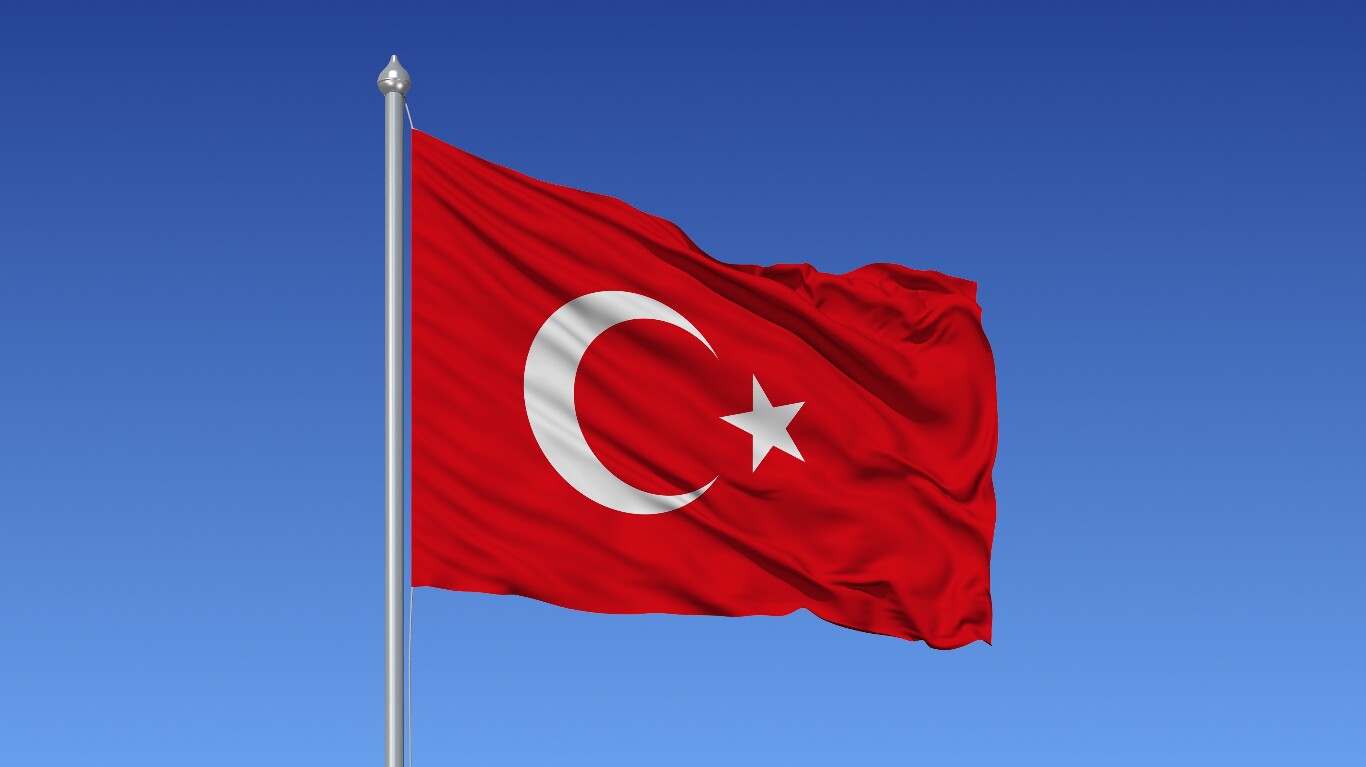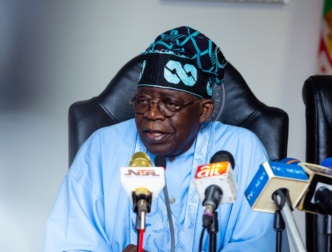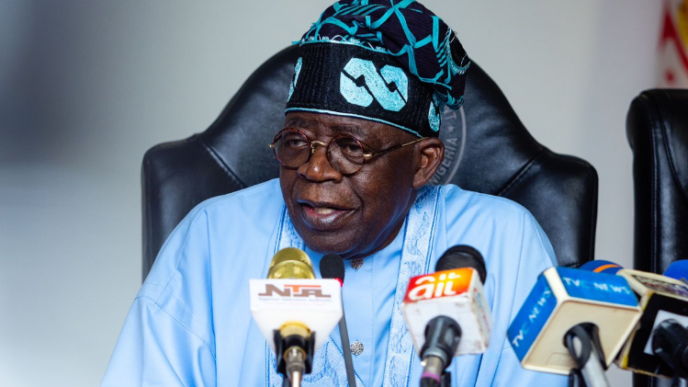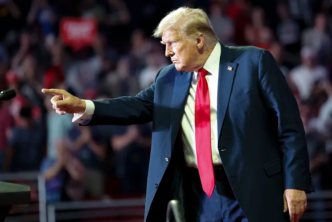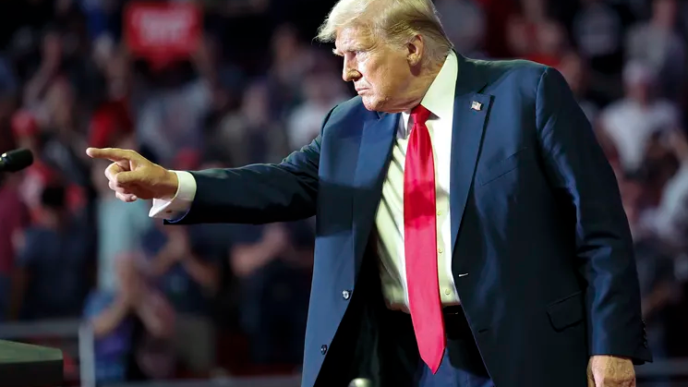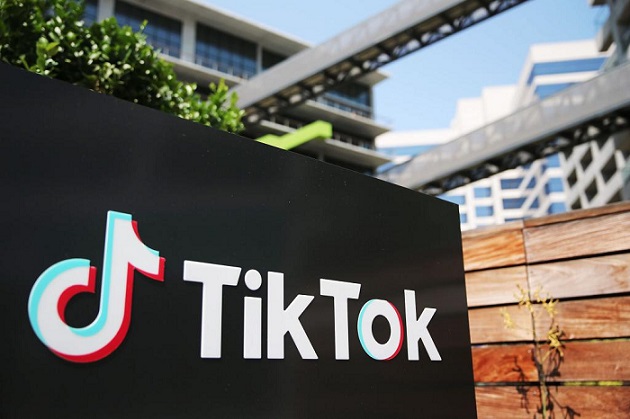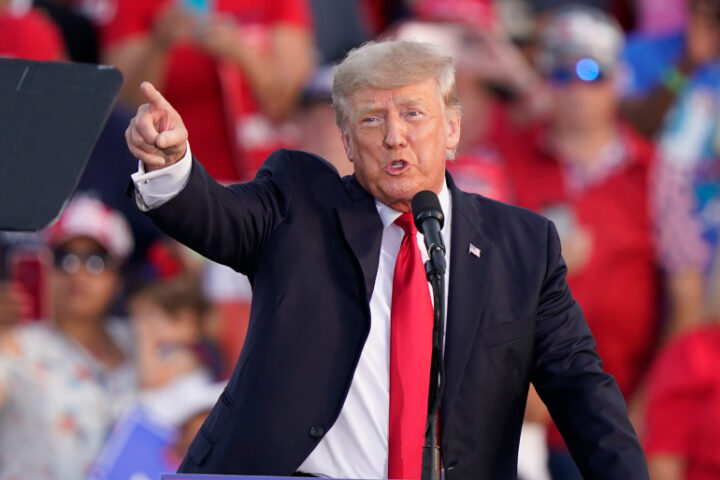Following my three part article titled “Agenda for Nigeria’s Economic Recovery and Transformation”, many readers weighed in with comments and questions on the issues I raised.
One question that featured prominently was can Nigeria reject the IMF and World Bank recommendations that form the kernel of President Bola Tinubu’s harsh economic policies? If we cannot in anyway shake off the two global economic and financial institutions what then can we do to at least get those folks at the Bretton Woods organizations to tweak some of their policies and allow us a breather? And if as some readers had suggested, Nigeria should break off totally with the IMF and World just as Burkina Faso, Mali and Niger all three of which broke off economic and military ties with France and fully replaced the latter with Russia and China, can we successfully manage such a 360 degree economic and political turn without internal and external consequences?
The answer to whether Nigeria can get a let up from the IMF and World Bank to our prevailing economic uncertainty under the Tinubu administration had been a resounding ‘’NO’’ given repeatedly and variously by President Tinubu and representatives of the two institutions. As a matter of fact just recently a visiting World Bank official who was invited as a guest at the 30th anniversary of the Nigeria Economic Summit Group pointedly told the audience that the current economic policies will be in place for the next fifteen years and Nigerians would have to chin up and endure the hardship as sacrifice for a better future.
My position is that realistically we cannot do without the IMF/World Bank and of all the reasons that compel me to hold this view, the prominent one is that in our present economic and political circumstance it will be strategically unwise to do so.
Advertisement
Give it to the Americans, after the Second World War from which they emerged military, economic, political and diplomatic victors they had designed the future world in their own image by establishing economic, political, financial, commercial and military institutions of global reach and import controlled by them.
And when by the early 1970’s signs of America’s global economic dominance was coming under increasing challenges, again the Americans smartly contrived to pull off the ‘’Petrodollar’’ deal with the world’s largest exporter of oil, Saudi Arabia in which all global trade in the commodity was designated in dollars. So by this massive sleight of hand coup, it is reasonably fair to say that in our world today probably only the air which we breathe is not controlled globally by the Americans.
So if Nigeria were to take the unprecedented step to shut the door to the IMF/World Bank under our present economic and political circumstances, that would amount to political and economic suicide.
Advertisement
But that is not to say that in this matter we are helpless and have no room to manoeuvre to get something out of the situation.
We can look around the world and learn from the examples of countries that came under IMF/World Bank influence, learn from how they managed theirs and what they made of it.
The Republic of Turkiye was one country that came under similar IMF/World Bank policies we are going through now. And for ten months from January to October 1986 when I lived there I experienced the practical effect of the IMF/World Bank policies and how the Government of Turkiye successfully negotiated and tweaked those policies to the ultimate benefit of the country.
O 26th January 1986 on a bitterly cold wintry night I landed in Istanbul the commercial capital and largest city of the Republic of Turkiye on a Nigeria/Turkish government’s arrangement. My necessary papers having gone ahead of me to Turkiye, I was assigned to the Social Science Institute (Sosyal Bilimler Enstitusu) of the Istanbul University in the Beyazit district of the city.
Advertisement
The outline of my postgraduate studies was to undertake a study of the Turkish economy under the IMF/World Bank policies and provide a comparative analysis with that of Nigeria. The Ibrahim Babangida military regime had just introduced the Structural Adjustment Programme (SAP) under pressure from the IMF/World Bank and many features of the programme were still unknown to most Nigerian government officials and people.
I had taken the advantage of the routing of my flight through London to arrange to stay a few more days in order to read up some more about Turkiye especially its economic policies. My friends and classmates who were then schooling at the University of Oxford hosted me and aided my access to the University’s rich Library which contained extensive information about the Republic of Turkiye which I found very useful.
From my readings, Turkiye was characterised along with some Latin American countries as the archetypical IMF economic laboratories. And it was thus fortuitous that as Nigeria was about to embark on a similar path that Turkey had taken years earlier to glean some useful points and lessons.
Today rather fortuitously 38th years after my first visit and sojourn in Turkiye, I reckon that my notes on my experiences there would come in handy under our present circumstances.
Advertisement
Turkey in 1986: Brief History, Politics and Economy
Modern Turkiye is best known as the country that Kemal Ataturk founded in 1923 by leading the revolution that overthrew the Ottoman Sultanate which itself had conquered the Byzantine Empire in 1453 led by Sultan Mehmet 11.
Advertisement
By size Turkiye is a little under a million Square metres and six years before in 1980 the military under General Kenan Evren had sacked the civilian government under which the country had lapsed into near anarchy. Turkiye’s top political figures like Bulent Ecevit, Suleyman Demirel and Erdal Inonu and their political parties were at daggers drawn politically and the resulting instability was taking a severe toll on the economy of the country.
When I arrived in Turkiye in 1986, the Military was already six years in power. The government was instituting economic reforms negotiated with the IMF. The structure of government had General Kenan Evren as President (Cumhur Baskan) and Turgut Ozal as Prime Minister (Bash Bakan). Prime Minister Ozal who was formerly Finance Minister had worked with the World Bank and was driving the IMF inspired economic reforms.
Advertisement
Turkiye’s Gross Domestic Product as of 1986 was about 75 billion dollars and its economy was driven mainly by manufacturing, tourism and agriculture. Turkiye was notably a recipient of huge remittances from Turkish guest workers in Europe especially Germany and in the Middle East.
But the Turkish Lira was a weak currency, a factor which I personally experienced. The 70 pounds I got for the One Hundred Naira Basic Traveling Allowance in Nigeria fetched me quite a lot of Liras at the currency exchange bureaux. This was proof enough that even the Naira was stronger than the Turkish currency in 1986.
Advertisement
In 1986 Turkiye’s economy was medium sized not even ranked among the top 30 globally. The country had repeatedly tried to be admitted into the European Economic Union as the EU was then known but each time its application was rejected for not meeting the right conditions for admittance.
The Turkiye I arrived and stayed for ten months in 1986 was a country under economic uncertainty. Although politically stable it continued to grapple with issues of economic performance under the IMF inspired economic reforms driven by Prime Minister Turgut Ozal.
(To be continued)
mobile: 08035355706 (Texts only)
Views expressed by contributors are strictly personal and not of TheCable.
Add a comment

